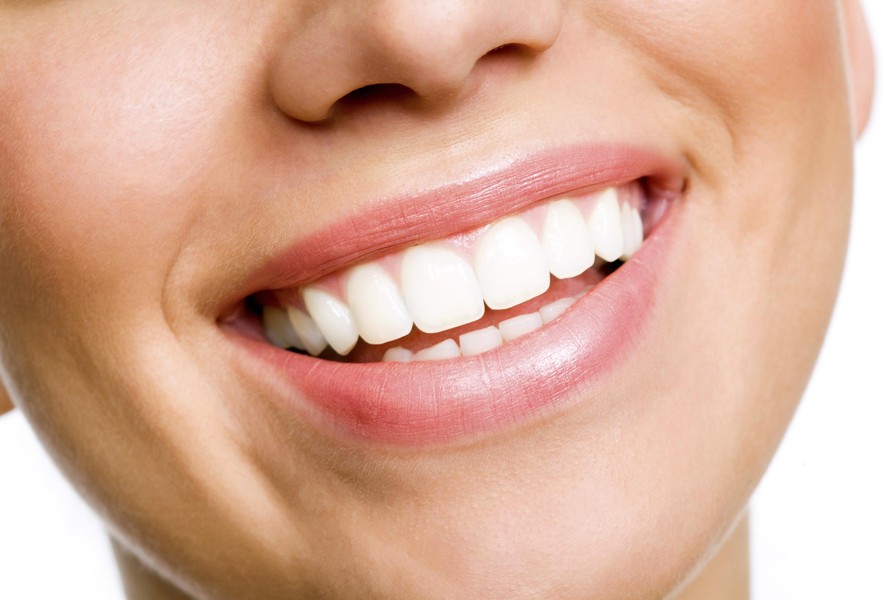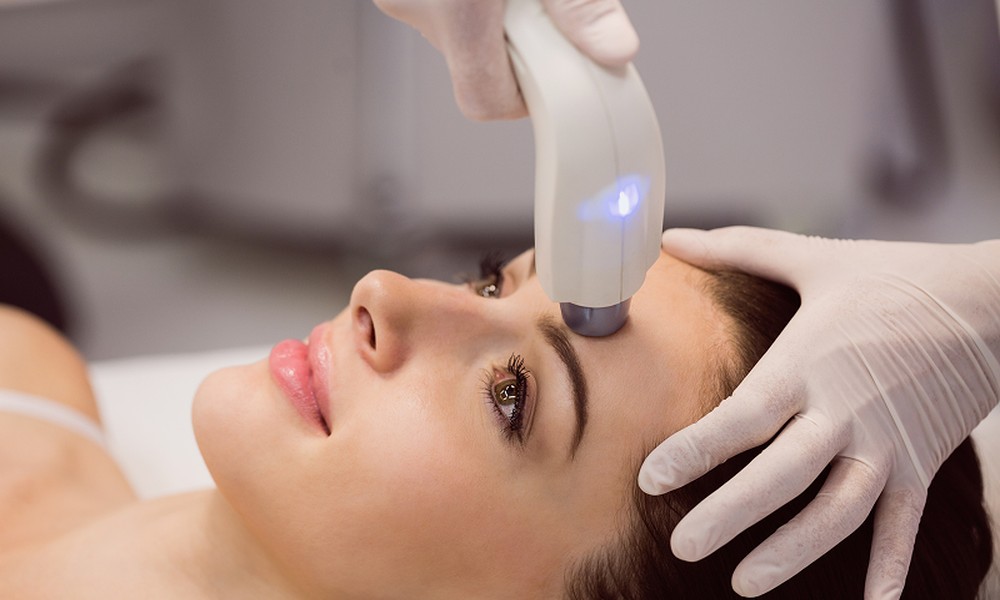What You Need to Know About Dental Crowns

South Bay teeth whitening is one of many dental strategies we often hear about. Yet, it seems like dental crowns stay in the background. It’s time to shed light on these unsung heroes of dental care! This blog will provide a clear, simple breakdown of dental crowns. We’ll dive into their importance and how they can contribute to a healthier, brighter smile. With insights from a general dentist, we’ll explore the world of dental crowns, making sure you are well-informed about this vital aspect of dental health.
What are Dental Crowns?
Dental crowns are custom-made, tooth-shaped caps that fit over damaged teeth. They restore the tooth’s size, shape, and strength while also improving appearance. When you visit a trusted Toledo dentist office, the dentist will carefully cement the crown into place, covering the visible portion of the tooth for both protection and aesthetics. This simple procedure can make a big difference in function and confidence.
Why are Dental Crowns Important?
Preserving natural teeth is always the goal. Dental crowns help achieve this by protecting weak teeth from breaking. They hold together parts of cracked teeth. They restore already broken teeth or teeth worn down. Crowns also cover and support teeth with large fillings.
Types of Dental Crowns

Different materials can make dental crowns. Each one has its pros and cons. Here’s a quick comparison:
| TYPE | PROS | CONS |
| Porcelain | Good color match, less tooth structure removal, no allergic reactions | Can chip or crack, wears down opposing teeth more than metal crowns |
| Porcelain-fused-to-metal | Strong, good color match | More tooth structure removal, porcelain can chip or break off, metal under porcelain can show as a dark line |
| Metal | Very strong, minimal tooth structure removal, lasts longest in terms of wear down | Visible metal, not ideal for front teeth |
The Process of Getting Dental Crowns
Getting a dental crown usually takes two visits to the dentist. The first visit involves examining and preparing the tooth. The second visit involves the placement of the permanent crown.
Are Dental Crowns Permanent?
Dental crowns last between five to 15 years. This depends on your oral hygiene practices and the type of wear and tear the crown undergoes.
To conclude, dental crowns are an essential tool in maintaining our dental health. They are not only functional, but they can also help to restore confidence in our smiles. For more information, consult this resource from the American Dental Association.











